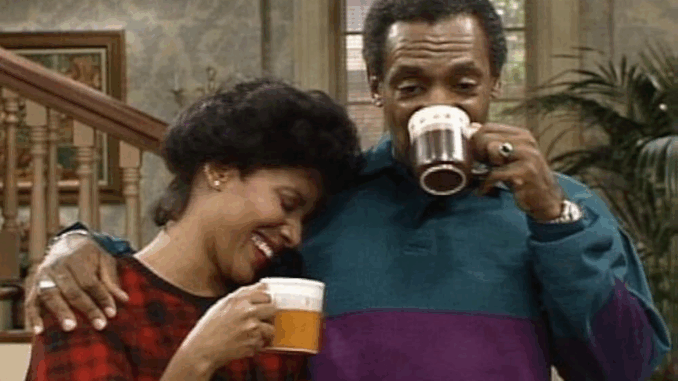
When The Cosby Show first aired in 1984, no one could have predicted the seismic shift it would bring to American television. What started as a simple family sitcom quickly became a cultural revolution — a show that made us laugh, made us think, and made history.
More Than Just Laughs — It Was a Movement
Before The Cosby Show, most Black characters on TV were sidekicks, caricatures, or stuck in stories of struggle. Then came the Huxtables — a stylish, successful Black family living in Brooklyn. Dr. Cliff Huxtable was a witty obstetrician; Clair was a fierce, brilliant lawyer. Together, they raised five kids with warmth, humor, and wisdom that transcended race or class.
Week after week, millions tuned in — not just to laugh, but to feel seen. For the first time, a Black family wasn’t just surviving; they were thriving.
Changing the Game for Representation
The show didn’t shout its message — it lived it. It normalized excellence, dignity, and intelligence in a Black household, subtly pushing back against decades of negative stereotypes. The Huxtables weren’t perfect, but they were real. And that authenticity changed hearts.
For young viewers, especially Black children, the show was life-affirming. It told them they could be doctors, lawyers, college students, dreamers. And for white audiences, it opened a door to empathy, respect, and understanding.
A Ratings Powerhouse and Cultural Icon
At its peak, The Cosby Show wasn’t just popular — it dominated. It was the number-one show in America for five straight years. It rescued NBC from the brink of collapse and created a new blueprint for family-centered sitcoms.
The show’s legacy rippled far beyond TV. Enrollment at HBCUs surged. Black fashion, jazz, and culture became mainstream. And a generation of creators — from Shonda Rhimes to Jordan Peele — grew up knowing that stories about Black life could succeed on a global stage.
Reconciling the Legacy
In recent years, Bill Cosby’s criminal convictions have cast a long shadow over the show’s legacy. The man behind the iconic Dr. Huxtable is no longer celebrated as he once was — and rightfully so. But many still wrestle with this difficult truth: that a deeply flawed man helped create something deeply meaningful.
For many fans, The Cosby Show remains a time capsule of hope, humor, and history — a work of art that meant something bigger than one man.
Why It Still Matters Today
In a time when conversations about race, representation, and justice are louder than ever, The Cosby Show is worth revisiting — not as a perfect product, but as a bold, beautiful chapter in the evolution of American culture.
It showed us that Black stories are universal. That family values are human values. And that sometimes, the most powerful revolutions come with a laugh track.